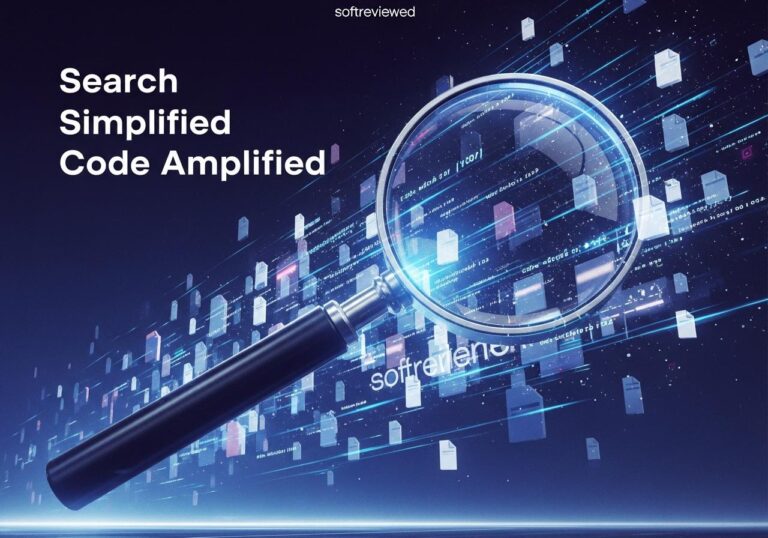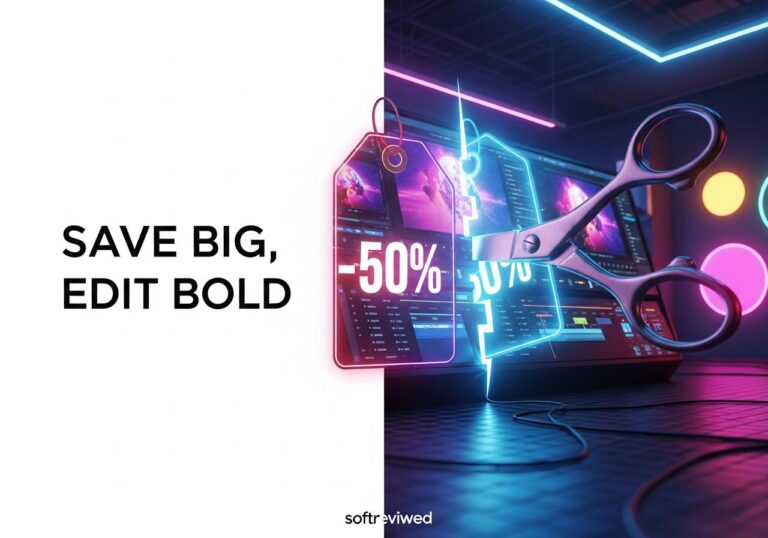Claude’s New Memory Feature
Anthropic introduces a privacy-focused memory system that enhances user experience while respecting data boundaries
On-Demand Memory Activation
Claude’s memory feature only works when users explicitly ask it to recall past conversations, ensuring privacy by default and giving users complete control over when their history is accessed.
Selective Conversation Recall
Users can ask Claude to search for previous messages tied to specific workspaces or projects, enabling seamless project continuation without needing to rebuild context from scratch.
Tiered Rollout Strategy
The memory feature is launching first for Max, Team, and Enterprise subscribers before expanding to other subscription plans, allowing Anthropic to refine the system with premium users.
Privacy-First Design
Claude maintains a generic personality by default and won’t access past conversations uninvited, addressing data retention concerns while still providing the benefits of contextual memory.
Enhanced Project Continuity
The feature allows users to pick up exactly where they left off on long-term projects without re-explaining context, significantly improving productivity for complex, ongoing work.
Competitive Positioning
Claude’s memory capabilities position it as a serious competitor to ChatGPT for users who value long-term consistency and context awareness while maintaining stronger privacy controls.
Claude AI’s Memory: How It Works, Why It Matters, and What Creators Should Know
Claude has long been known for its conversational intelligence, but it used to forget everything the moment you refreshed or started a new chat. That’s changed. Claude’s new memory feature lets you pick up right where you left off—if you want it to. This article unpacks what’s changed, how it works, who can benefit, and where privacy concerns still matter.
Claude’s Memory—Explained Simply
Claude’s memory lets it reference your past chats, but only when you ask. It's available for paid users—currently Max, Team, and Enterprise plans. Unlike some AI assistants, Claude does not analyze your chat history or build a user profile in the background. Instead, it acts like a digital notebook: you can ask it to “look up” previous conversations or details, but it won’t peek unless prompted.
The Evolution: From Single Chats to Lasting Context
When Claude first launched, every session was a blank slate. Users had to repeat information, which got tedious—especially for content creators or professionals juggling multiple projects. As AI needs evolved, so did expectations. Anthropic, Claude’s creator, introduced memory to meet demands for continuity, efficiency, and smarter collaboration—while keeping privacy high on the agenda.
How to Use Claude’s Memory Feature
- 📌 Enabling Memory: Head to your Claude account settings, under Profile, and toggle on “Search and reference chats.”
- 📌 Recalling Info: Simply ask, “What did we discuss about my YouTube channel last week?” or “Remind me of my SEO checklist.”
- 📌 Switching Contexts: You can keep “work” and “personal” histories separate, so Claude won’t mix up your projects or ideas.
- 📌 Privacy Controls: Turn the memory feature off any time; Claude will return to default forgetfulness.
Why Should You Care? Key Benefits
- ✅ Less Repetition: No more explaining the same thing over and over—Claude remembers on command.
- ✅ Project Continuity: One-click recall for your past scripts, brainstorming notes, or content strategies.
- ✅ Custom Workspaces: Keep discussions neatly split (“work” vs. “personal,” or “video ideas” vs. “client work”).
- ✅ Privacy by Default: Claude will not auto-build your profile or recall chats unless you ask.
Honest Downsides and Expert Opinions
- ⛔️ Paid-Only (for now): Free users don’t get memory (yet).
- ⛔️ Not Automatic: Forgetful unless you trigger recall; can’t suggest follow-ups on its own (unlike some competitors).
- ⛔️ Still Early Days: Memory is brand-new, and occasional gaps or misses have been reported by early testers.
- ⛔️ Privacy Trade-Off: Although a privacy-first design, any persistent memory in AI still requires user trust and due diligence.
Expert Insight:
“Claude’s memory gives power back to the user—unlike some AIs that passively watch everything, here the user stays in control.” — Anthropic Blog
Claude vs ChatGPT vs Gemini: Who Remembers Best?
| Feature/AI | Claude (2025) | ChatGPT (OpenAI) | Gemini (Google) |
|---|---|---|---|
| Remembers by default? | ❌ Only on request | ✅ With memory enabled | ✅ With memory enabled |
| Free plan access? | ⛔️ Not yet | ✅ Yes | ✅ Yes |
| Profile building? | ❌ No, user-driven | ✅ Yes, profiles learn you | ✅ Yes, profiles learn you |
| Workspace/project split | ✅ Separate by context | ⛔️ Limited | ⛔️ Limited |
| Easy privacy controls | ✅ One-click, transparent | ⛔️ Not as straightforward | ⛔️ Not as straightforward |
Real-World Examples: Memory in Action
- 👉 Digital Creators: Claude can recall your last brainstorming notes or automate recurring workflows without you rewriting prompts.
- 👉 Agency Teams: Switch between client projects without risking crossover—Claude only pulls what you want.
- 👉 Writers: Carry forward detailed outlines across sessions, so nothing gets lost in the shuffle.
What About Privacy and Security?
Claude’s memory is opt-in and works only when you request it. This means you’re less likely to run into the privacy surprises seen with some other AIs. Still, it's smart to avoid sharing ultra-sensitive info in any AI tool, just as you would with email, notes apps, or messaging platforms.
Is It Worth Trying—and Who Benefits Most?
If you use Claude for ongoing brainstorming, project management, or content creation, memory can speed up your process and reduce mental fatigue. For creators juggling multiple YouTube channels, blogs, or client accounts, it keeps everything tidy—while letting you stay in control of what Claude knows.
Wrapping Up: Will Claude Remember You Tomorrow?
You’re finally in charge of what your AI keeps or forgets. Claude’s new memory option balances convenience and privacy—offering digital creators, marketers, and curious experimenters a more responsive, less repetitive assistant. And with Anthropic promising upgrades and broader rollout, it’s worth keeping an eye on as you plan your next wave of projects.







